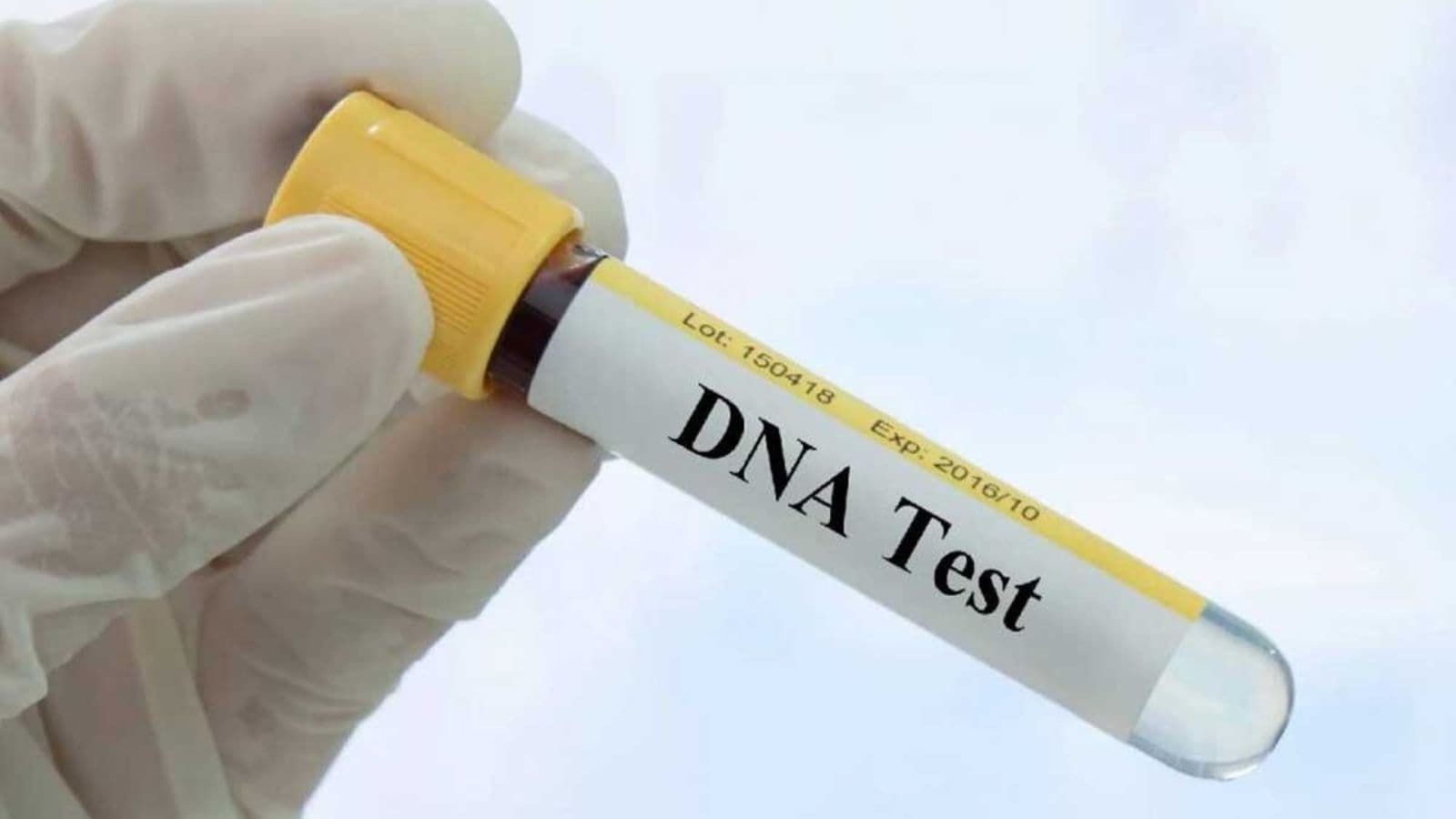The director general of health services (DGHS) has issued a directive, stating physiotherapists are not entitled to use the prefix ‘Dr’. The primary regulatory body attached to Ministry of Health said using the title could confuse or even mislead patients into believing that they are trained medical doctors
Physiotherapists across India have been dealt a surprise directive: they can no longer use the title “Dr” before their names.
The decision came in a letter from the Directorate General of Health Services (DGHS) to the Indian Medical Association (IMA), supported by groups like the Indian Association of Physical Medicine and Rehabilitation (IAPMR). The concern is clear: using the prefix could confuse or even mislead patients into believing physios are medical doctors.
The DGHS is the primary regulatory body for healthcare and is attached to the Ministry of Health and Family Welfare.
What makes the timing even more striking is that the letter was issued on September 9, just a day after World Physiotherapy Day, when Prime Minister Narendra Modi himself acknowledged the profession’s crucial role in caring for the elderly and improving people’s quality of life.
So why exactly are physios being asked to drop the “Dr” tag? And what happens if they still use it? Here’s a closer look.
Why physiotherapists can’t use ‘Dr’?
In its September 9 letter, DGHS Dr Sunita Sharma made it clear that physiotherapists cannot be considered medical doctors and should not present themselves as such.
“Physiotherapists are not trained as medical doctors and, therefore, should not use the prefix ‘Dr’, as it misleads patients and general public, potentially leading to quackery,” Dr Sharma wrote in the letter.
She further added that physiotherapists “should not be permitted to primary care practice and should only treat referred patients, as they are not trained to diagnose medical conditions, some of which may worsen with inappropriate physiotherapy intervention.”
Editor’s Picks
The DGHS, which functions under the Ministry of Health and Family Welfare, also referred to earlier court rulings and advisories to back its stance. Previous pronouncements from the Patna (2003), Bengaluru (2020), and Madras High Courts (2022), as well as advisories from the Tamil Nadu Medical Council, have all reinforced that the title “Dr” is reserved strictly for registered medical practitioners.
The letter also pointed to the Ethics Committee of the Paramedical and Physiotherapy Central Council Bill, 2007, which had earlier concluded that the title “Doctor” should only be used by those trained in modern medicine, Ayurveda, Homeopathy, and Unani. Nursing and paramedical professionals, including physiotherapists, were explicitly excluded.
Interestingly, this position contrasts with a recent announcement by the National Commission for Allied and Healthcare Professions (NCAHP). Back in April, NCAHP had said physiotherapists could use “Dr” as a prefix and “PT” as a suffix, when launching the 2025 Physiotherapy Curriculum. The DGHS’s new directive, however, has now overridden that decision.
Also read: Emergency Care: How training of paramedics holds the key
What will happen if physios now use Dr?
The letter didn’t just stop at advisories, it also warned of legal consequences.
According to a legal opinion cited by the DGHS, any physiotherapist using the title “Dr” without a recognised medical qualification would be violating the Indian Medical Degrees Act, 1916. Such violations fall under Section 7 of the Act and amount to contraventions of Sections 6 and 6A.
This interpretation isn’t new. Back in 2004, the council’s ethics committee had already adopted this opinion and stated that physiotherapists were not entitled to use the prefix “Dr” under any circumstances.
The latest letter reiterated this position, directing that the 2025 Competency Based Curriculum for Physiotherapy should remove the prefix “Dr” altogether.
Instead, it suggested that a more suitable title, one that gives respect to the profession but avoids confusion among patients, should be considered for physiotherapy graduates and postgraduates.
With input from agencies
End of Article

)

